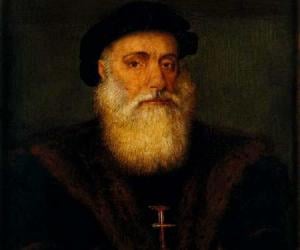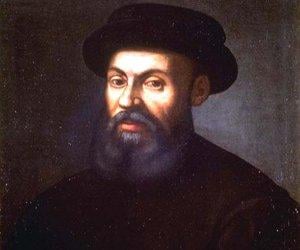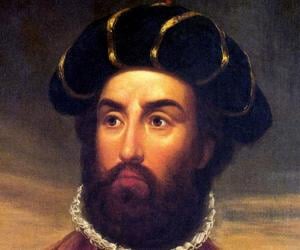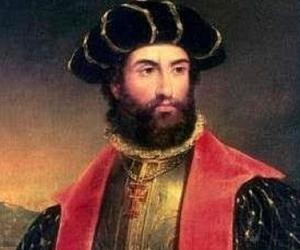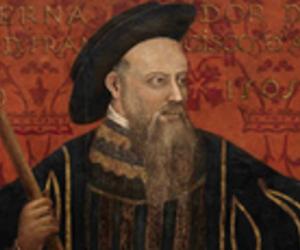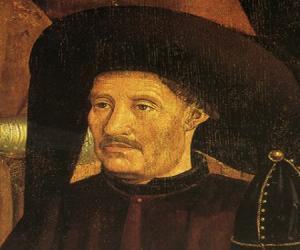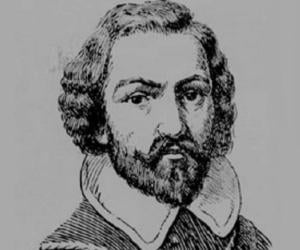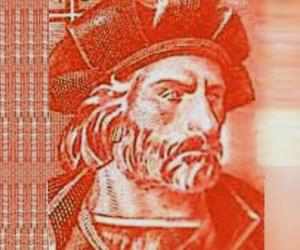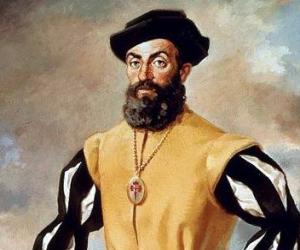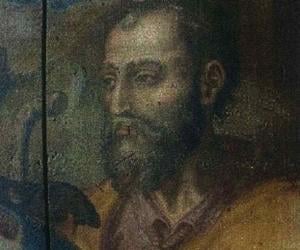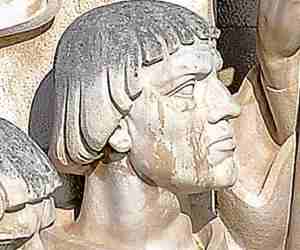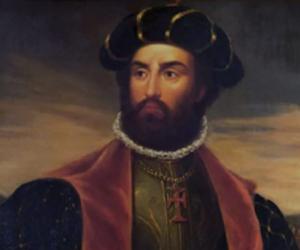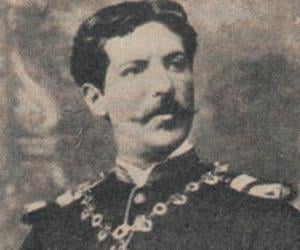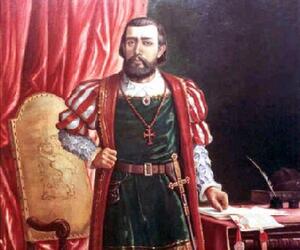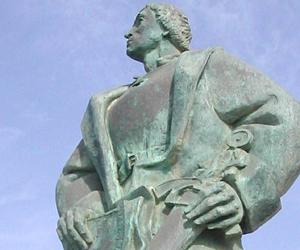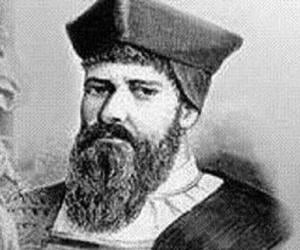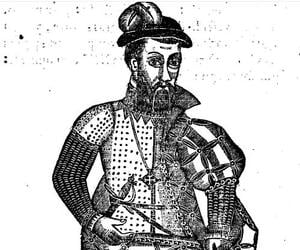1
Vasco da Gama
(Explorer)
Birthdate: 1469 AD
Birthplace: Sines, Portugal
Died: December 24, 1524
Vasco da Gama was a Portuguese explorer and nobleman known for being the first European to reach India by sea. His groundbreaking voyage via the Cape of Good Hope in 1497-1499 connected the Atlantic and Indian oceans, paving the way for global imperialism and establishing a Portuguese colonial empire from Africa to Asia. Da Gama's successful navigation of the sea route to India revolutionized trade by granting Portugal exclusive access to valuable spices from Southeast Asia, leading to his appointment as Governor of India and earning him the title of Viceroy.
